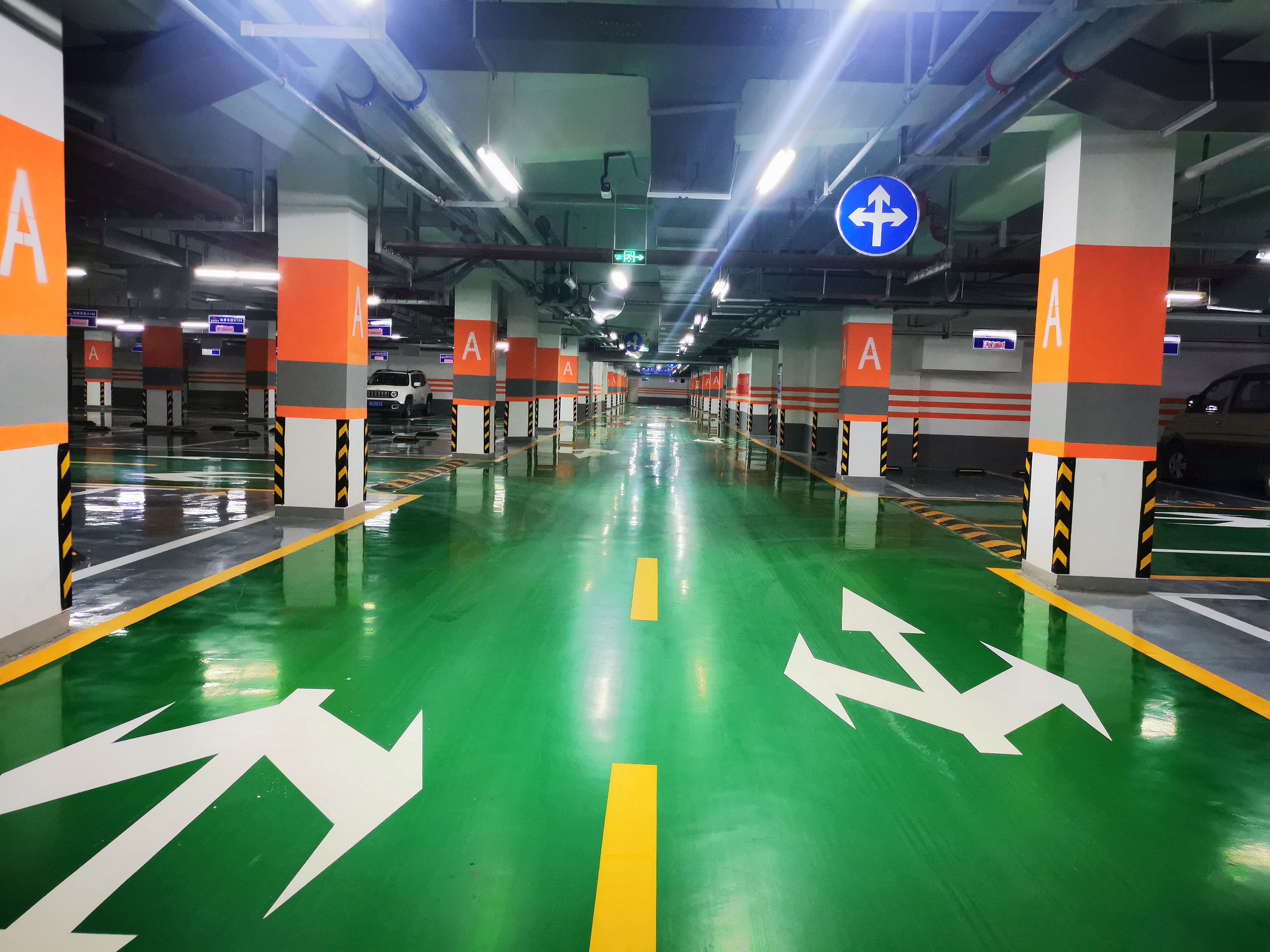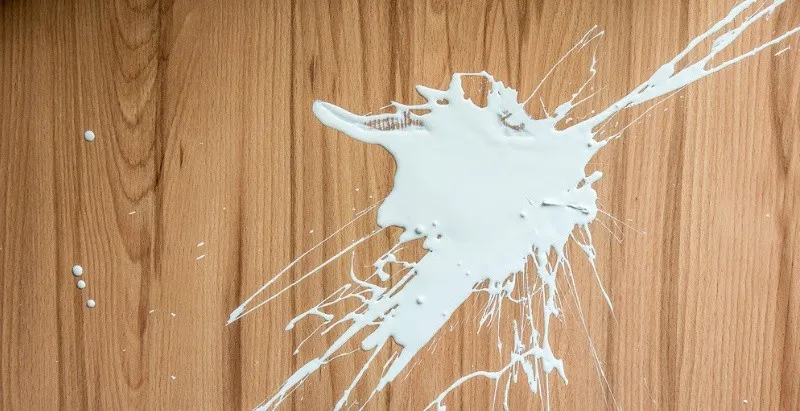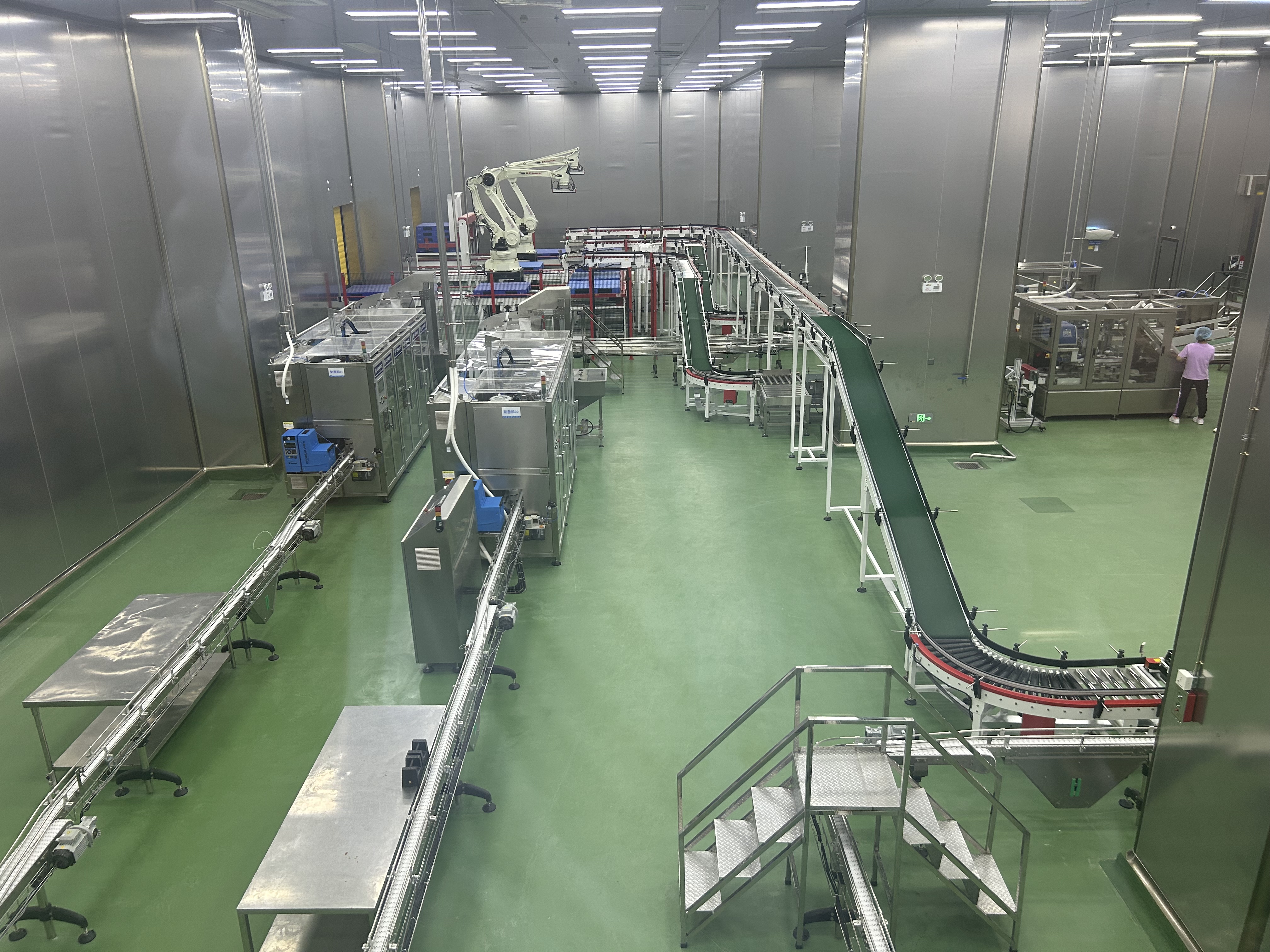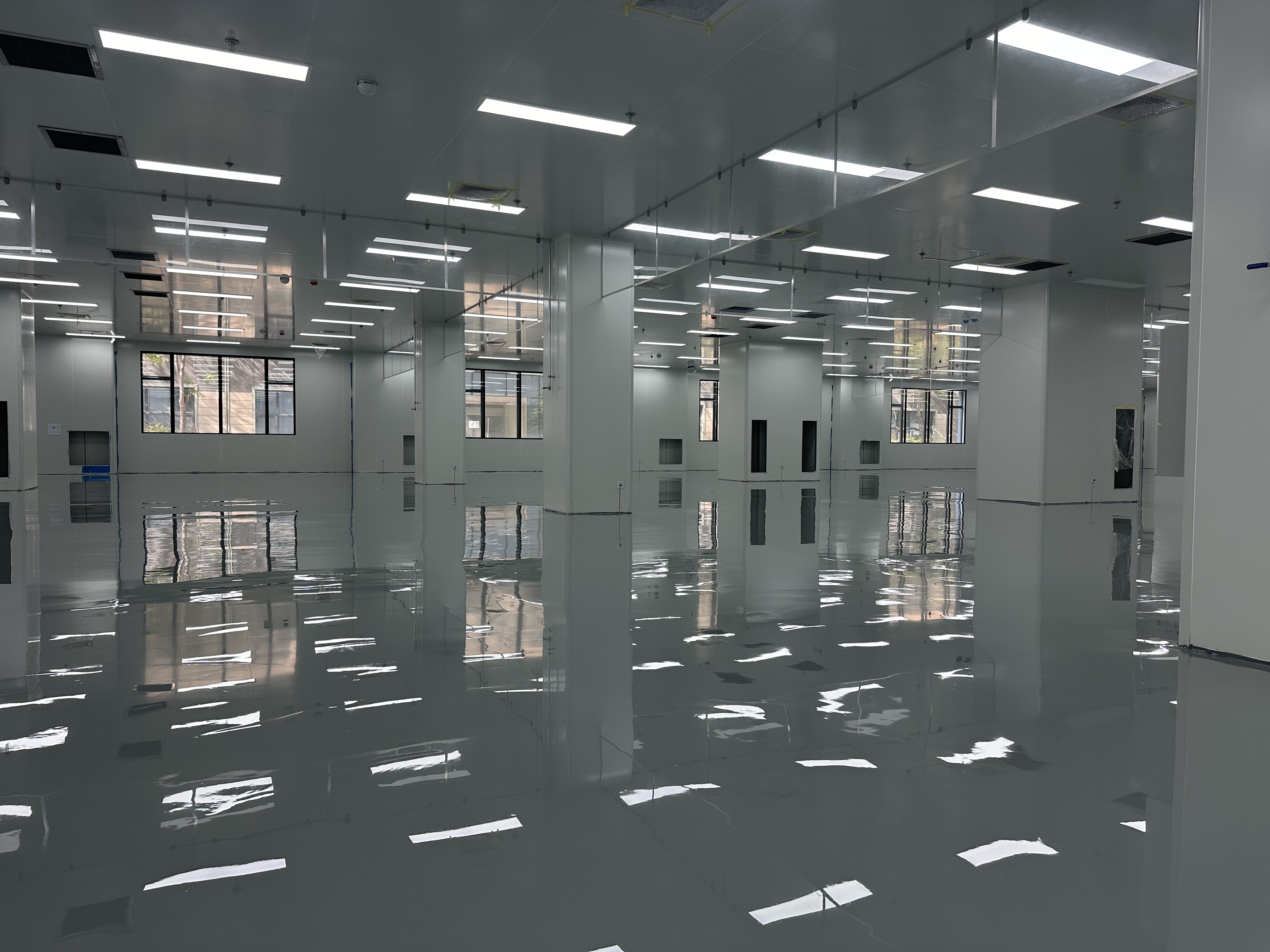Why should workshops use epoxy floor paint?
In industrial production scenarios, the selection of workshop floors directly affects production efficiency, product quality, and operating costs. Epoxy floor paint, with its outstanding advantages across multiple dimensions, has become a core choice for many enterprises in workshop floor renovation. Its value is not only reflected in basic floor protection but also in creating a high-quality floor environment that adapts to production needs for workshops through the synergy of functionality, economy, and aesthetics.
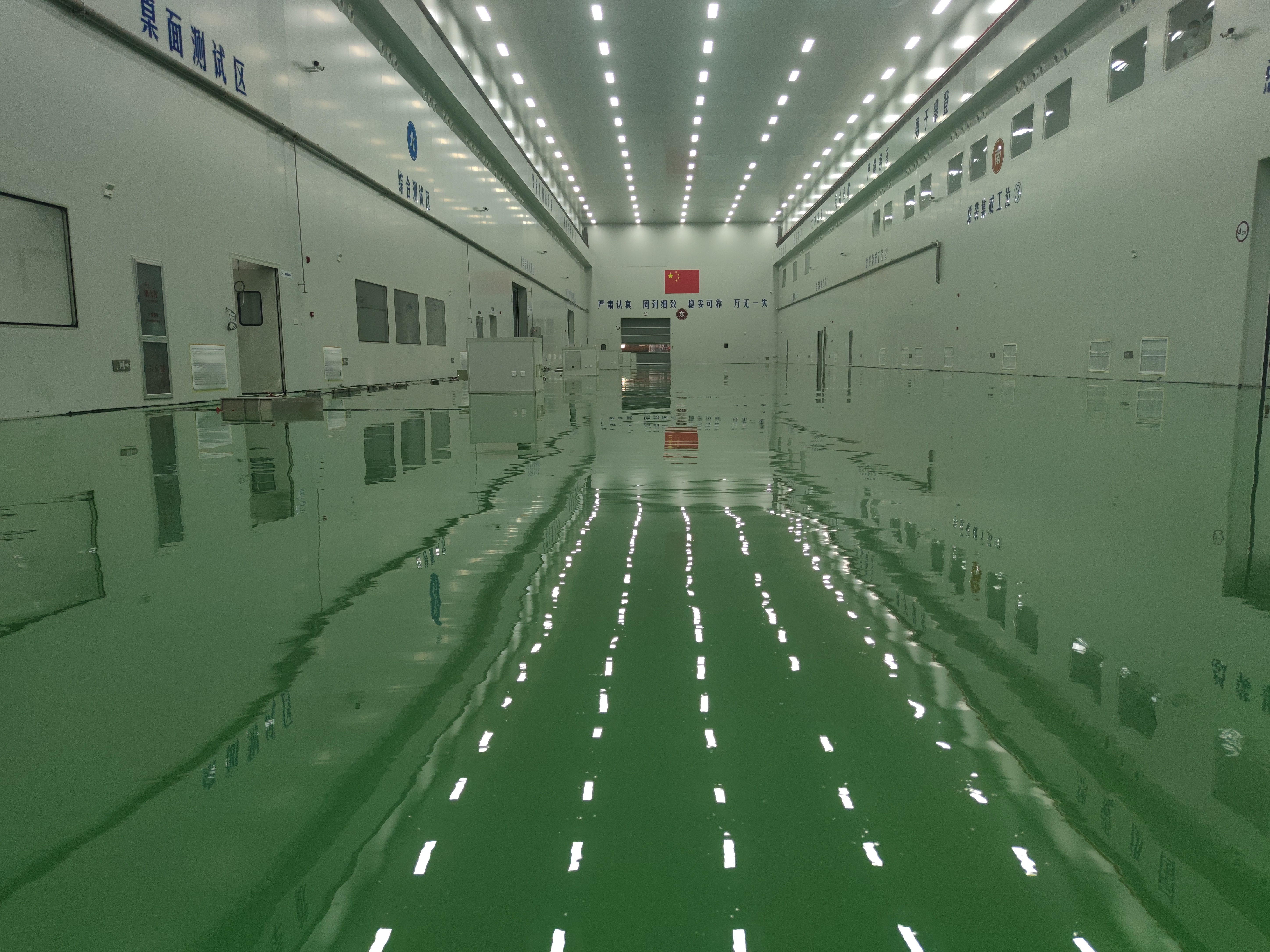
From the perspective of functional advantages, epoxy floor paint perfectly addresses the core pain points of workshop floors. Firstly, it excels in dust prevention and cleanliness. Traditional cement floors in workshops are prone to dust and sanding; once dust adheres to mechanical equipment, raw materials, or finished products, it may cause equipment failures or lead to substandard product quality. However, the dense coating formed after the curing of epoxy floor paint can effectively lock in ground particles, preventing dust from the source. Meanwhile, its smooth and seamless surface structure allows daily cleaning to be done simply by wiping with clean water or neutral detergent, eliminating the need for complex cleaning processes. This significantly reduces workshop cleaning costs, making it particularly suitable for industries with high cleanliness requirements such as electronics and food production.
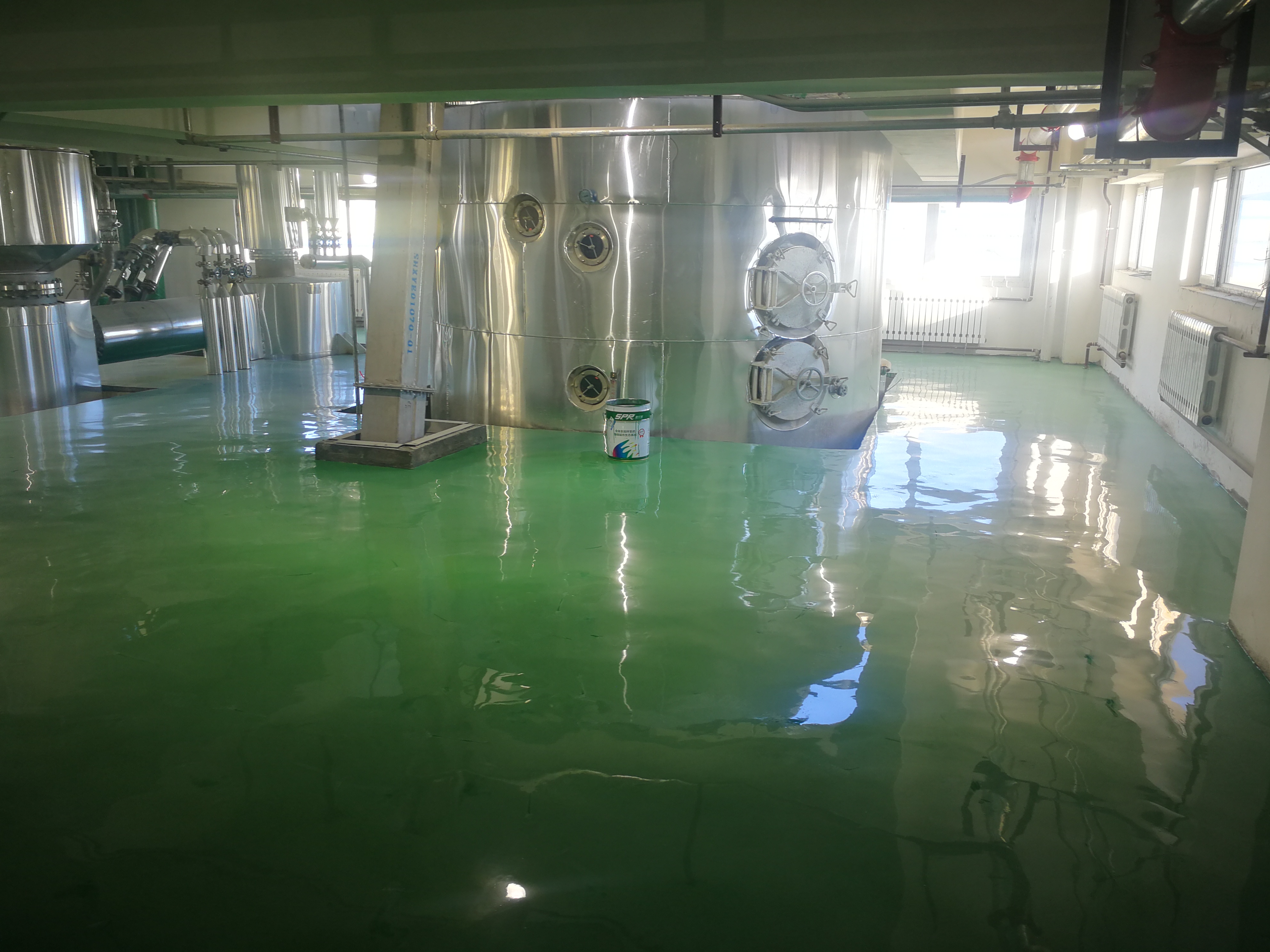
Secondly, it boasts excellent wear resistance and load-bearing capacity. In daily workshop operations, scenarios such as forklift movement, stationary heavy equipment, and heavy object handling are frequent, imposing extremely high requirements on the floor's wear resistance and load-bearing capacity. Epoxy floor paint has superior wear resistance, which can resist wear caused by high-frequency friction, reducing the risk of scratches and cracks on the floor. Its service life can reach 8-20 years, far exceeding that of traditional floor materials. It also demonstrates remarkable compression resistance and impact resistance; even under the long-term rolling of several tons of equipment or the accidental drop of heavy objects during handling, it can maintain the stability of the floor structure, providing reliable floor support for scenarios such as warehouses and heavy-duty workshops.
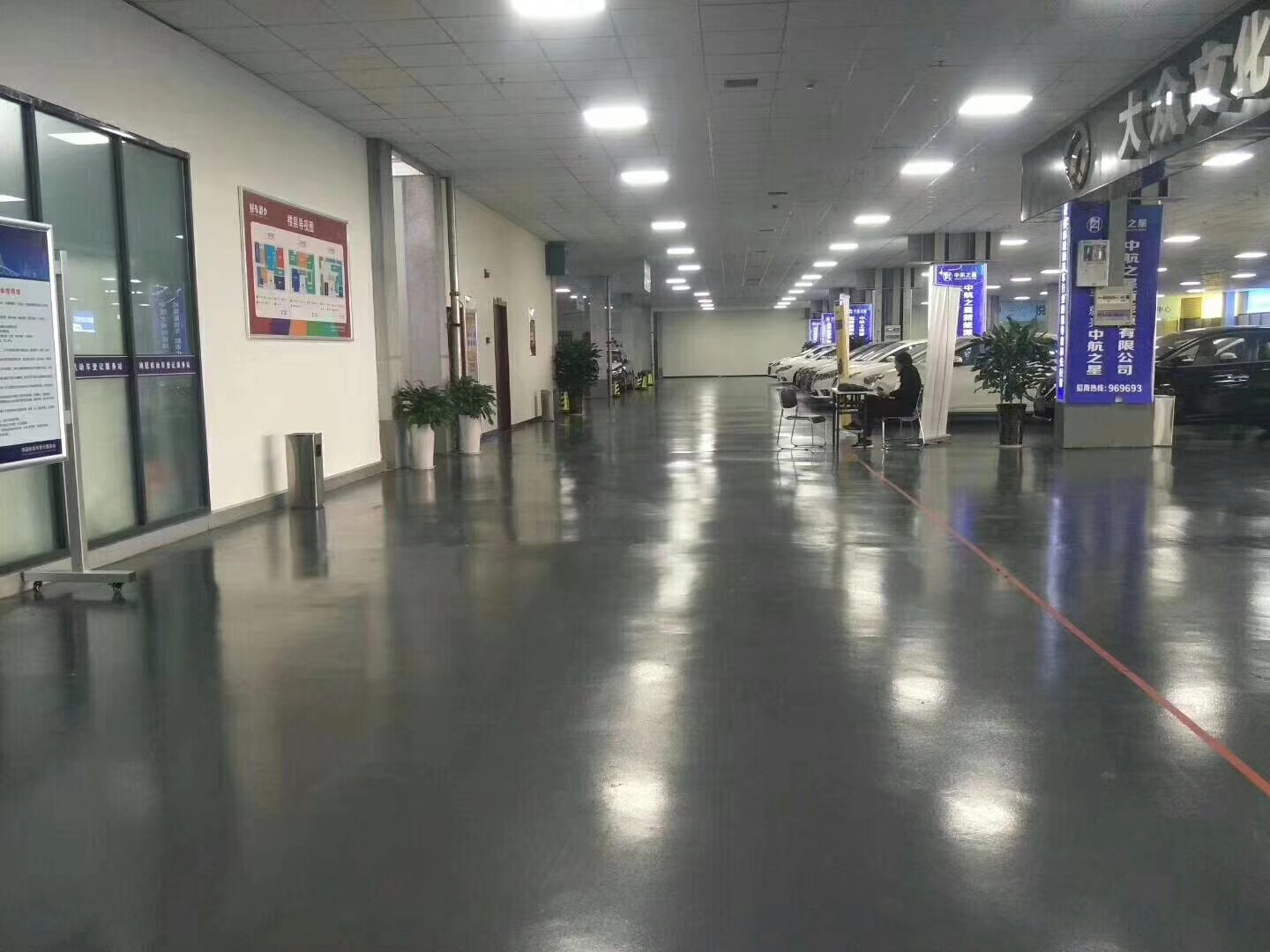
Furthermore, corrosion resistance and stability are another major highlight of epoxy floor paint. In workshops such as chemical, pharmaceutical, and food processing facilities, the floor is often in contact with corrosive substances such as acids, alkalis, and salts. Traditional floors are prone to chalking and damage due to corrosion, while epoxy floor paint can form a corrosion-resistant barrier to resist the penetration and erosion of various chemical substances. At the same time, it can isolate moisture and oxygen, preventing floor damage caused by carbonization, weathering, or water immersion, ensuring that the floor remains in good condition after long-term use.
For workshops with special needs, the anti-static function of epoxy floor paint is even more crucial. In workshops for electronic component production and storage of flammable and explosive materials, static accumulation may interfere with the operation of precision instruments and even trigger safety accidents. However, epoxy floor paint with anti-static function can quickly release static electricity through the conductive materials in its coating, minimizing static risks and ensuring workshop production safety.
From the perspective of economy and practicality, epoxy floor paint can help enterprises save long-term operating costs. On one hand, it offers high cost-effectiveness. Epoxy floor paint does not require frequent renovation; daily maintenance is simple, and the maintenance cost is much lower than that of traditional floors. Its service life usually matches the common workshop lease term of about 4 years, avoiding repeated investment in floor renovation during the lease period. Compared with the frequent maintenance of traditional cement floors, it can significantly reduce floor-related operating costs in the long run. On the other hand, its construction is flexible and convenient. Epoxy floor paint has a variety of construction techniques, and the construction period can be flexibly arranged according to the workshop production schedule. Even if there is local damage to the old floor, there is no need for overall demolition; only the damaged area needs to be repaired and repainted. This simplifies the maintenance process and reduces the impact on normal workshop production.
In terms of environment and aesthetics, epoxy floor paint also brings significant improvements to workshops. In terms of aesthetics and zoning management, epoxy floor paint offers a wide range of color options (such as blue, green, gray, etc.) and can be customized with patterns. This not only enhances the overall visual image of the workshop but also enables the division of functional areas through colors. For example, yellow epoxy floor paint can be used to mark safety passages, green to define operation areas, and red to warn of dangerous areas. This helps workers quickly identify the functions of different areas and improves workshop management efficiency. In terms of environmental protection and comfort, epoxy floor paint reduces dust from the source, minimizing the irritation of dust to workers' respiratory tracts and protecting their health. Its smooth and flat surface also avoids the unevenness of traditional floors, making it more stable for workers to walk and push carts, thereby improving the comfort of the working environment.
Finally, industry adaptability is an important reason for the wide application of epoxy floor paint. Whether it is a clean workshop in an electronics factory, a corrosion-resistant workshop in a chemical plant, a heavy-duty operation area in a machinery factory, or a precision operation area in a laboratory, epoxy floor paint can meet the differentiated floor requirements of different industries by adjusting formulas (such as anti-static and anti-corrosion modification) and controlling coating thickness. It truly realizes "one floor adapting to multiple scenarios" and has become a universal preferred solution for cross-industry workshop floors.
In conclusion, through comprehensive functional coverage, long-term economic advantages, the dual values of aesthetics and environmental protection, and wide industry adaptability, epoxy floor paint perfectly meets the core needs of workshop production and has become an irreplaceable choice for workshop floor renovation.
Link to this article:https://sprcoating.com/news/Why-should-workshops-use-epoxy-floor-paint_118.html
